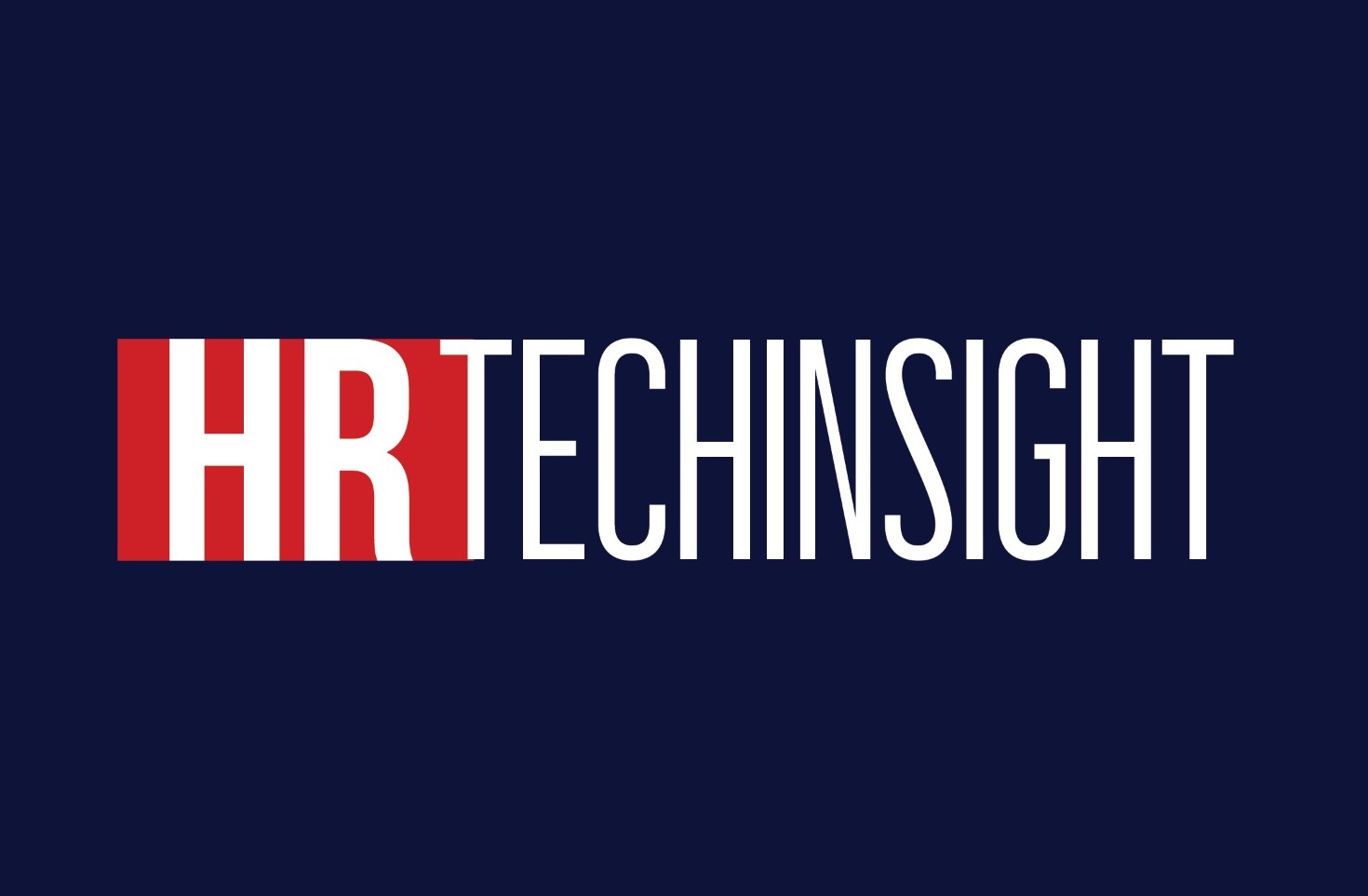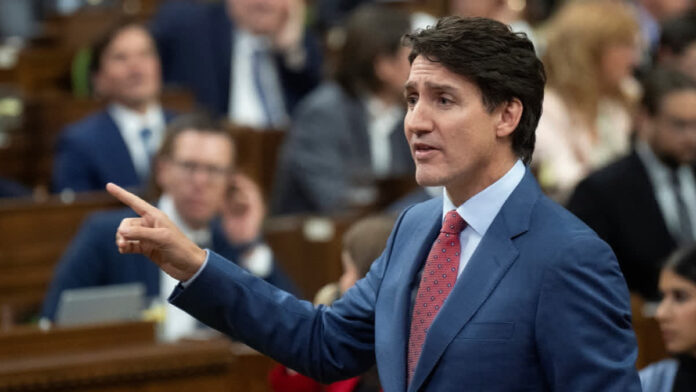The upcoming federal election is expected to center on affordability, yet Justin Trudeau’s Liberal government is struggling to convince Canadians it is addressing the issue. According to a recent public opinion poll conducted by spark*insights on behalf of Restaurants Canada, only 43% of Canadians believe the government is making affordability a priority.
Kelly Higginson, President and CEO of Restaurants Canada, emphasized the urgent need for action, particularly in reducing payroll taxes, if the government hopes to rebuild public trust. Canadians continue to grapple with the rising costs of housing, groceries, and utilities, making everyday expenses such as dining out or grabbing a coffee increasingly difficult to afford. The Ontario government’s recent decision to issue $200 in financial relief to nearly every resident highlights the growing concerns surrounding the cost of living.
This financial strain is taking a toll on the foodservice industry, with fewer customers, smaller orders, and underutilized kitchens, even during the traditionally busy summer months. Currently, 53% of restaurants are either operating at a loss or barely breaking even—up from just 12% before the pandemic. Additionally, restaurant bankruptcies surged by 55% in the first half of 2024 compared to the previous year. In this challenging environment, both workers and businesses need relief.
The upcoming fall economic statement presents an opportunity for the federal government to introduce meaningful measures, such as lowering payroll taxes, to help ease financial burdens. Payroll taxes, including Employment Insurance (EI), disproportionately affect small businesses because they are not tied to profitability. They also reduce employees’ take-home pay, limiting their disposable income. For example, a Canadian earning $50,000 annually contributes $830 in EI payroll tax, while their employer contributes an additional $1,162. Provincial payroll taxes further reduce net earnings.
Despite ongoing economic struggles, EI contributions and maximum insurable amounts have continued to rise. A rollback of rates to 2022 levels—around a 2% reduction—could provide much-needed financial relief without affecting benefits. This would increase employees’ disposable income and give employers greater flexibility to invest in their businesses and workforce.
Public support for such a measure is strong. The survey found that 77% of Canadians believe a payroll tax reduction would benefit them, with 42% stating it would have a significant positive impact on their family.
Implementing this type of policy could offer the Liberals an opportunity to demonstrate they are taking tangible action on affordability, rather than just discussing it. However, if they fail to act, it could serve as an opening for Pierre Poilievre’s Conservatives to present their vision for economic relief.
Canadians will be closely watching the next fall economic update for meaningful solutions to the affordability crisis. The time has come for the Liberal government to turn its promises into action and deliver real relief to citizens struggling with the cost of living.




